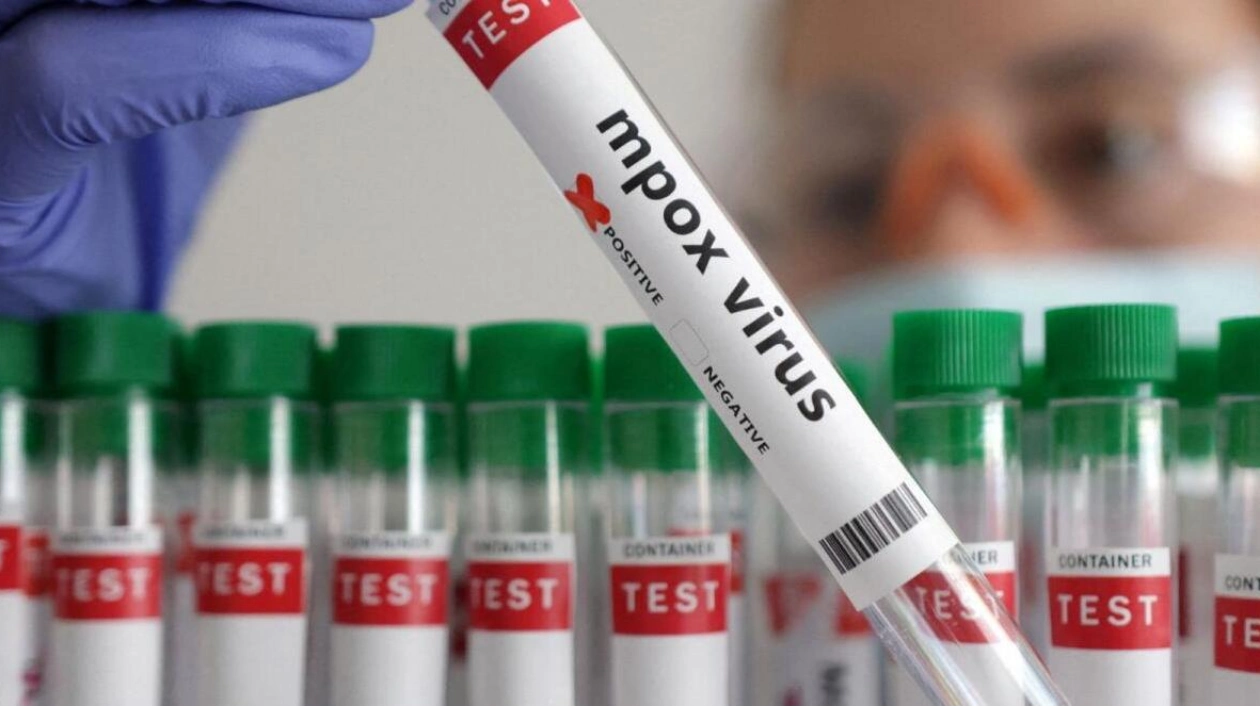Thailand announced on Wednesday the potential first case of the more virulent strain of mpox, a situation deemed a global public health emergency by the World Health Organisation. The case involves a European individual who arrived from an African nation, according to Thongchai Keeratihattayakorn, the head of Thailand's Department of Disease Control, in an interview with AFP. Confirmation of the strain is pending laboratory tests, although authorities suspect it to be Clade 1. The affected individual is currently hospitalized and under quarantine. "We have conducted a test which confirms mpox, but it is not Clade 2," Thongchai stated to AFP. "We are confident that the patient has the Clade 1 variant, yet we must await the conclusive lab results in two days."
Mpox cases and fatalities are escalating in Africa, with outbreaks occurring in the Democratic Republic of Congo, Burundi, Kenya, Rwanda, and Uganda since July. The disease, caused by a virus that originates from infected animals and is transmitted between humans via close contact, manifests with symptoms such as fever, muscle aches, and skin lesions resembling large boils. Although mpox has been recognized for decades, the emergence of a more lethal and contagious strain known as Clade 1b has led to a recent spike in cases. According to the WHO, Clade 1b results in a fatality rate of approximately 3.6 percent, with children being particularly vulnerable.
Previously known as monkeypox, the virus was first identified in 1958 in Denmark among research monkeys. This year, the Democratic Republic of Congo has recorded over 16,000 cases and 500 deaths. Sweden reported the first confirmed case of Clade 1 outside Africa on August 15.






